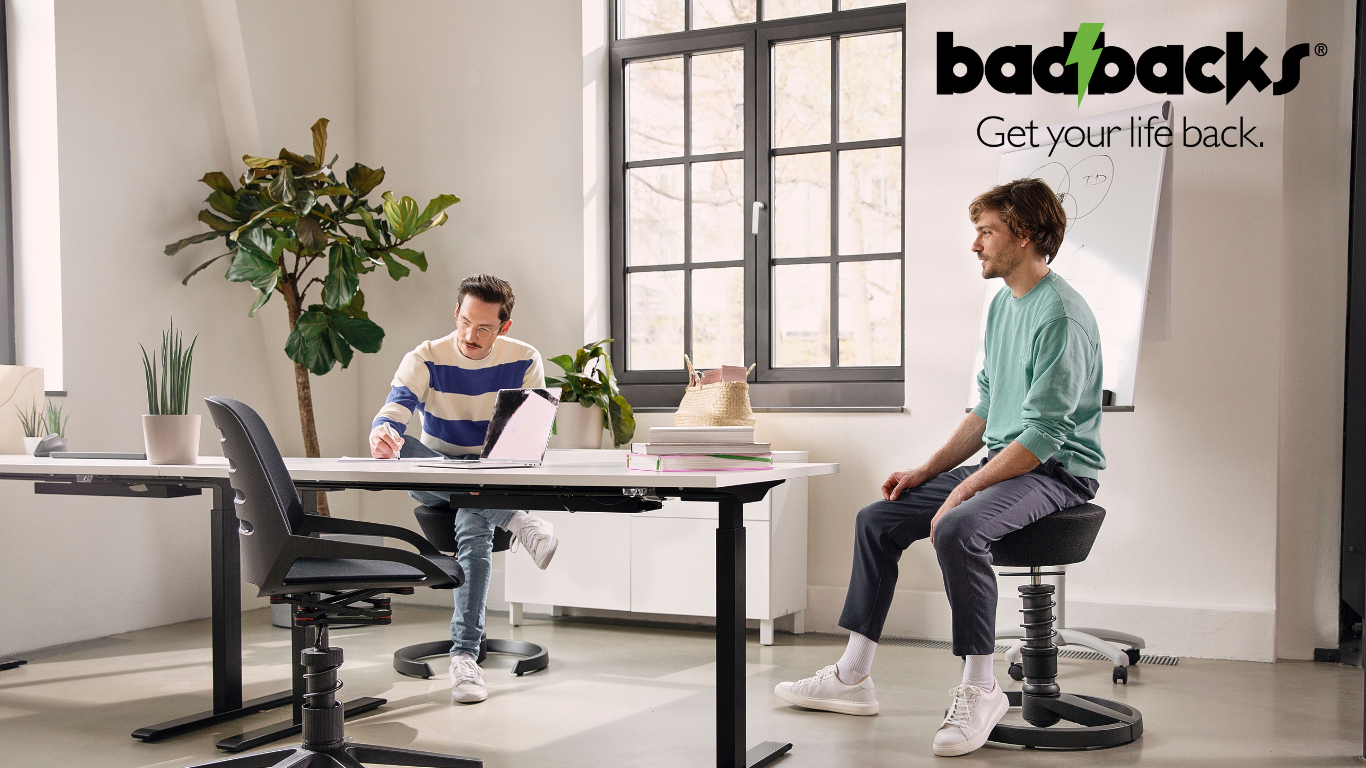Backbones’ of Australian families at risk of cracking
Australian cricketing legend, Michael Slater, urges young men to ‘man up’ and bat for their backs
Research released today reveals a new threat to the stability of Australian families and love lives. The study by Arthritis Australia reveals the spinal health of Aussie blokes is ricocheting into all aspects of their lives, challenging more than just their pain thresholds.
Of the 2.3 million Australian men who were found to be struck by persistent back pain, depression rates soared to double that of the general male population.2 Additionally one-in-four fathers are forced to be absent from play-time with their kids, and partners are left to cope with disrupted sleep and mood swings.
Cricketing legend and father Michael Slater knows all too well the impact of back pain. Slater suffers from a severe spinal condition that affects three times as many men than women3, known as ankylosing spondylitis (AS). Slater joins Arthritis Australia in its quest to urge men with persistent back pain to stand up for their spines.
“For 20 years I’ve lived with brutal back pain, which at times felt like a knife was being run down my spine – it nearly cost me my cricketing career. If I didn’t get the right help all those years ago, my condition would have fused my spine together and who knows where I would be today.
“Although I’m getting older, I’m still able to play with my kids without worrying whether I will be able to pick them up or get down on the floor, which would have been a major issue 15 years ago,” said Slater.
This new research reinforces the detrimental effects of men’s back pain, not only on family and relationships but also their livelihoods. The impact on work life was found to be by far the most frustrating aspect for blokes living with back pain. Almost half (48%) report their career choices are limited and one-in-six had to change jobs, with two-thirds taking a pay cut because of their spinal torments.
Sex lives are also significantly impacted with one-in-three men admitting their back pain affects their sexual activity. Spinal pain was also found to cause an increase in stress levels for 45 percent.
According to Dr Louis McGuigan, president of the Australian Rheumatology Association, for many Aussie men, their pain could be much more than a ‘bad back’ and without proper diagnosis could have serious consequences.
“This new review suggests men with spinal pain are being hit hard – and in the prime of their lives – with their pain first being felt at the age of 29, on average. Despite enduring their spinal pain for an average of 10 years, it is astounding to discover that almost half have not visited a healthcare professional.
“Michael was smart in seeking help early so he can now control his condition rather than it controlling him. But you don’t have to be a professional sportsman to take action. It is imperative anyone with persistent back pain sees a GP and asks if they need a referral to a rheumatologist. As this new research highlights, it may do more than ease their spinal pain,” said Dr McGuigan
About Michael Slater’s condition – ankylosing spondylitis (AS):
AS is three times more common in men than women.3 It causes inflammation and pain in the spine and other joints including the shoulders, hips, knees, ankles, chest and back. If left untreated, AS can lead to permanent stiffening of the spine and in severe cases, the bones in the spine can fuse together, stopping movement and causing a permanently forward-stooping posture. It is estimated that as many as 200,000 Australians have been diagnosed with the condition.4
Dr Louis McGuigan’s advice to men living with spinal pain:
“If you are experiencing back pain, look out for particular hot spots where the pain is coming from – such as the shoulders, the base of the spine or the middle of your back (the lumbar vertebrae). Being able to detect where the pain is coming from will help your doctor determine a diagnosis.
“The best way to manage back pain, alongside treatment, is through regular physical activity. Being active tends to help keep the pain under control. It is important that you discuss with your doctor what types of exercises are best for you to start as soon as possible,” added Dr McGuigan.
Additional key findings:
· 21% of fathers cannot pick up their kids due to their spinal pain
· 79% report their spinal pain / stiffness wakes them up at night
· 41% say their moods are impacted by their spinal pain
· 51% of men with spinal pain experience difficulty exercising
· 41% admit to keeping silent about their spinal pain
· 45% have not had their spinal pain diagnosed

